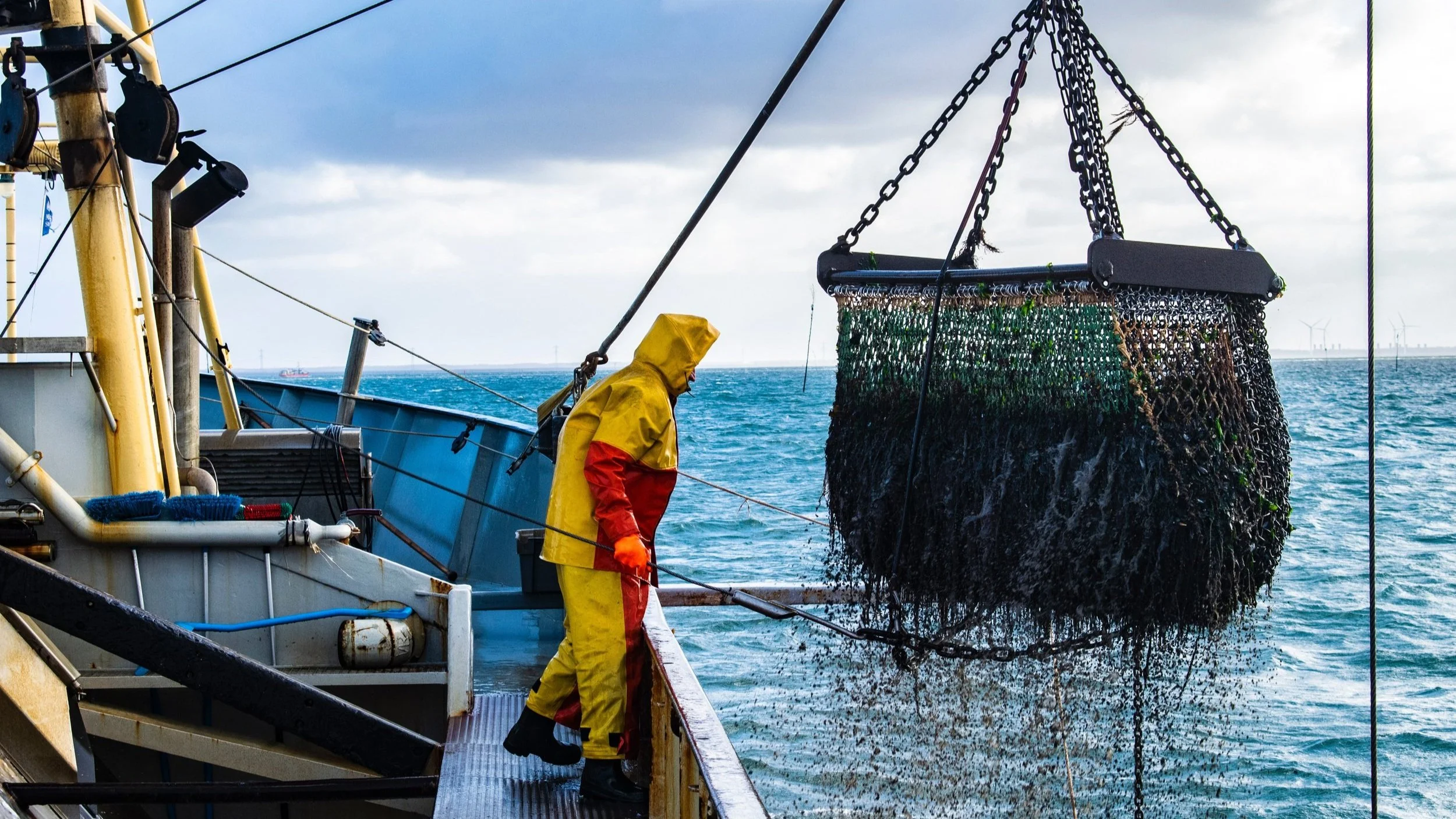Fishing Industry’s High-Tech Shift to Sustainability
Fisheries and aquaculture are of vital importance to food systems and the employment of individuals today. With the rise of the climate crisis there has been increased scrutiny over the practices of the fishing industry, and major action is being taken in order to preserve the ocean as a source of food and nutrition for communities all over the world. This has led to increased cooperation between regional fishery bodies and advancements in fishing gear in general, with the end goal of creating a sustainable fishing industry that can support wider sustainable development goals with the aim of eradicating hunger and building a fairer society.
Fishing Gear Modifications
Scientists are working with the fishing industry to develop new technology that will prevent overfishing and protect endangered species. The European Union’s Smart Fish H2020 initiative is a program aiming to assist fishermen in reforming fishing practices in order to improve economic efficiency while also promoting sustainability. In addition, the program is looking to improve data collection practices in order to accurately monitor for stock assessments and protected species. Advancements in electronic monitoring systems have allowed for software solutions that cut down on processing time and can deliver accurate data in real time to fishermen.
While traditional netting methods such as trawling have led to habitat destruction, new tools are being developed to increase the selectivity and efficiency of fishing gear. Adding escape panels to trawl nets, implementing shark repellant tactics, and using methods which allow for higher survival rates of discarded species is becoming the norm. These methods allow for fishing practices to continue in a mindful and sustainable manner, preserving the environment and the food system.
Compliance Monitoring
International cooperation to improve traceability of fish and fish products is also underway, with the Port State Measures to Prevent, Deter and Eliminate Illegal, Unreported and Unregulated Fishing (PSMS) setting minimum international standards for states looking to combat unsustainable fishing. This program assists states in developing their national legal framework to combat such practices, as well as aiding in the creation of monitoring and surveillance systems to accurately detect them. The program has led to members adopting new conservation and management measures that can better protect local ecosystems and manage fishing practices.
Clean Up Efforts
There are also improvements being made to technology that assists with ocean garbage collection. In October 2021, the nonprofit organization Ocean Cleanup released a device which collected 20,000 pounds of waste from the Great Pacific Garbage Patch. The device works as an artificial coastline, catching plastic at the surface and funneling it into a net. It is estimated that ten of these devices could eradicate 50% of the Great Pacific Garbage Patch in 5 years, offering a solution to one of the biggest environmental threats to the ocean.
With new technologies assisting the fishing industry in making their practices more sustainable, the future of oceanic ecosystems looks promising — practices can be made to be both sustainable and efficient, allowing the population to get the most out of the ocean and ensuring future generations can do the same.
Learn about our affordable carbon footprint solutions for small and medium-sized businesses
Book a free strategy session to discuss your climate goals with a sustainability manager.
About RyeStrategy
Based in Seattle, RyeStrategy is a CDP-accredited, mission-oriented company specialized in carbon accounting, mitigation coaching, and climate disclosure solutions for organizations at any point in their sustainability journey. Learn how RyeStrategy helped Salesforce, Ideascale, and Wazoku achieve their sustainability goals.
From exhaustive carbon footprinting and mitigation coaching, to setting science-based targets and reporting climate data to CDP, SBTi or custom reporting platforms, RyeStrategy acts as a hands-on extension of the team, custom-tailoring services to fulfill climate disclosure requirements easily and accurately.
Meet with a sustainability specialist to learn more about RyeStrategy solutions.

